Parenting a Child With Autism: Q&A With Kathy Heath

When I was seven months pregnant with my third child our pediatrician suggested our middle child was autistic.
It was overwhelming because I already felt insecure about being able to meet the needs of three children, and often questioned how well I was doing with the two I already had. It sent me on an emotional journey, and though I have very supportive family and friends; I felt alone. I didn’t know anything about autism so the learning curve was steep. I am a very research-driven person so I immersed myself in books, documentaries, Google, whatever information I could find. I felt the most hopeful and uplifted when I would read stories of people who had lived through a similar experience. Once I felt more settled in the world of disability parenting, I was inspired to share my story in the hopes of helping others who may be feeling how I felt in those early stages.
Parenting my son has helped me become a more compassionate and understanding person. It has opened my eyes to how naive I was about disabilities and the capabilities of people who are often overlooked. I try to be open and vulnerable about my experience so people know I am not coming from a place of judgment. I come from a place of learning and helping others learn. I want my son to feel fully accepted and embraced by society, and before having him, I was a major part of the problem. Not because I had anything against the disabled community, but because of my ignorance and not giving it any thought at all.
How did your son’s autism diagnosis change how you parent?
Before my son’s diagnosis, I was unknowingly a parent who had expectations that I wanted my children to meet. I projected onto them what I thought they should be, instead of openly welcoming who they are. I wish I could say that wasn’t the case, but I know it was. That mindset played a part in the denial I felt about the signs of autism my son was showing. I chose not to see it because I wasn’t prepared to accept that he would never be the person I thought he would be. Once I worked through my issues around that, I was able to see the beauty in autism. Not just in my son, but the way it impacts everyone. There are so many gifts in the differences we all bring to the world. It brought me back to reality and helped me realize that as parents, we don’t know “what’s best”. We need to meet our children where they’re at and encourage them to find their own path to figuring out who they are & who they want to be.
What advice would you offer to parents with children who have autism?
I would say seek out other people who are going through or have been through a similar experience. We are so lucky to have the internet as a resource. There are so many great support groups on Facebook and accounts on Instagram that can help you feel seen and heard. Also, don’t be afraid to open up about what you need. The people who really belong in your life will want to support you however they can. If someone doesn’t take the news of the diagnosis, or your feelings about it well, it’s nothing personal towards you. But I would really reconsider the relationships you have with the people who make you feel down about it.
What are some misconceptions about autism?
That the spectrum is linear and you’re either on the “slightly autistic” or “really autistic” side or you fall somewhere in the middle. Thankfully this idea is beginning to be demystified, and there are some great graphics that depict autism as a color wheel. It illustrates that everyone with the diagnosis is different, and has different strengths as well as challenges.
Another one is that autistic people are anti-social. Just because their communication may look different, it doesn’t mean they aren’t attempting to or wanting to communicate. As we’ve all learned through the pandemic, isolation is incredibly tough, even for the most introverted people. I would hope that in this return to a more socialized world, we don’t allow those at risk for social isolation to remain alone.
How can advocates of people living with autism educate themselves on the language around the diagnosis?
I think it’s good to remind ourselves that language is ever-evolving and everyone has their own opinions about it. I take my lead from the autistic adult community and will defer to my son when he is able to share his thoughts and opinions. There are many autistic adults out there sharing their perspectives on social media, blogs, video content, and so on. In our home, we use terms like autistic, disabled, nonspeaking. Autism isn’t something our son has that we are trying to get rid of, it’s an inherent part of who he is. He could not be himself if it were not for his autism. We keep it neutral and to the point, without a condescending tone.
That being said, some people still prefer person-first language and to be referred to as a person with autism. In general we need to be more compassionate with one another so we’re not afraid to mess up what we say. Communicating about our experiences and differences is one of the best ways to connect, but when you’re afraid of saying the wrong thing you often stay silent. I hope we get to a place of dropping our defenses and being comfortable. Possibly pointing out that, “Hey, I’m going to assume you’re not trying to offend me, but I would really prefer if you referred to me as ___” & to have the respect for one another to listen and honor whatever language feels right for each of us without needing an explanation.
What is life like for you on a daily basis?
My life is very family-oriented. Our children are 10, 8 & 4 and none of them have ever gone to formal child care. My oldest two go to school full time now, but my daughter is still with me most of the time. This question makes me feel like we are so basic haha! Breakfast, getting the older two to school, the park, a dog walk, speech programs, music lessons, etc. Of course, a lot of the kid’s activities have been postponed or canceled due to COVID, but we are serious homebodies so I don’t think anyone minds! I am lucky to be able to fit my writing and other work around the family. I have a really supportive husband who helps in every aspect of my and the kid’s lives. On one hand, I expect that of him and don’t feel as though he should be rewarded for it but on the other hand, I realize not everyone has that equality in their relationship and I wouldn’t be able to achieve what I do without his unwavering support.
Why do you use your platform to educate those that follow you?
When my son was diagnosed, I was really surprised by what autism actually was. I had a stereotype in my mind and it wasn’t right at all. I’ve learned so much from living with and parenting an autistic person. Not everyone will have that experience or perspective. I hope that by sharing my journey, I can inspire others to be more open-minded and inclusive of neurodiversity. It’s an attempt to bridge the gap between autistic people feeling fully accepted for who they are while preparing them for our current world where they are generally dismissed. At the same time, educating neurotypical people (myself included!) to be more welcoming of people who see the world in an entirely different way than they do, and how we can all benefit from changing some of society’s outdated ideas.
What do you do for a living?
Aside from my personal blog I write for parenting publications to share my story with the goal of empowering families affected by an autism diagnosis. I am currently recording episodes for a podcast with similar content that will launch in the fall. My hope is to get struggling families to a place of acceptance so they can bring more awareness to their communities. I also work in engagement and marketing for a small local business called Nest in the City.
What general parenting tips are your favorite?
I think all parents are doing their best, and I applaud anyone giving it their all no matter what it looks like for them. The most beneficial thing I have learned from parenting is that almost everything is a reflection of my inner self. When I am triggered by the kids there is usually something going on within me that I haven’t dealt with, and I am grasping at straws trying to blame it on everyone else. If you have the resources available, have an open mind about going to therapy. Break those generational traumas, whether you can recognize them now or not. I have learned a lot about this from an awesome Instagram account @robinsnest.rcd check out their highlights and give them a follow if you’re interested in learning more.
Head over to Kathy’s personal blog to learn more!





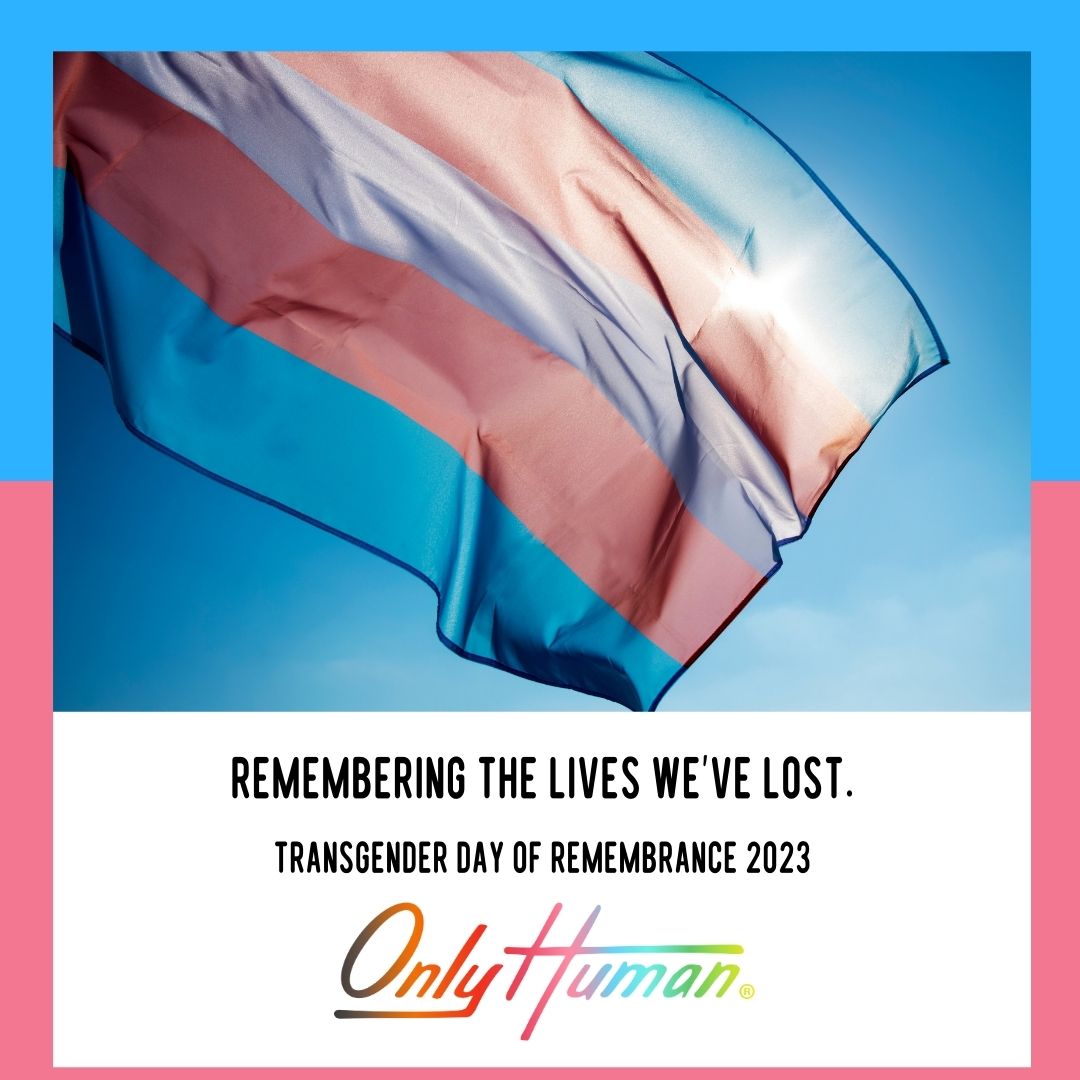
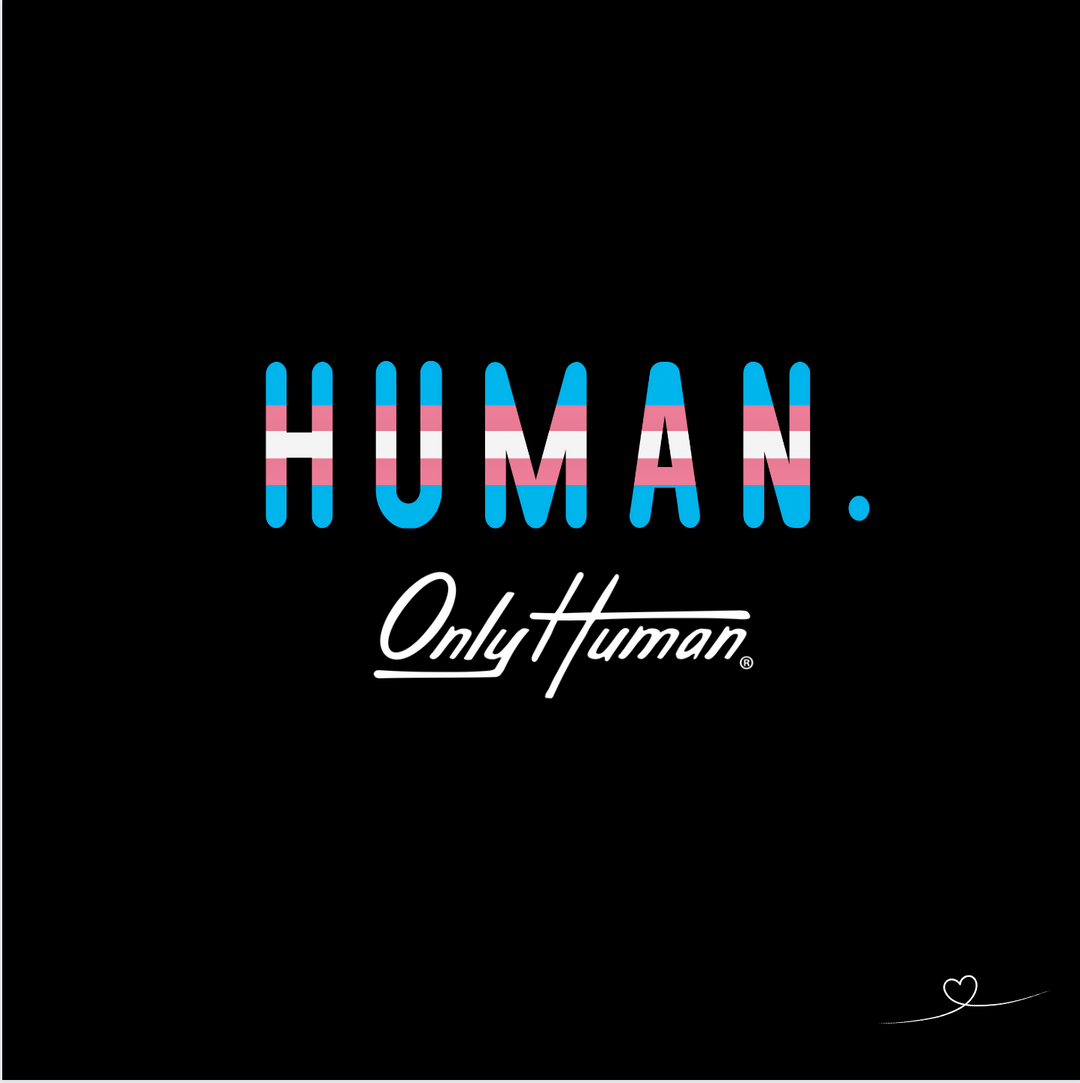
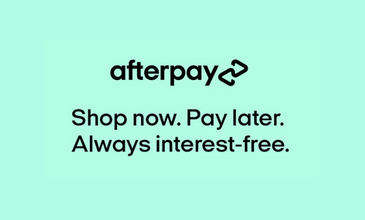
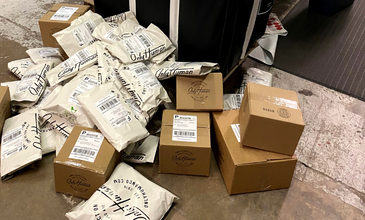
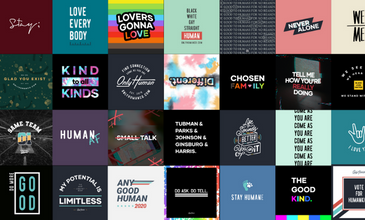
Leave a comment